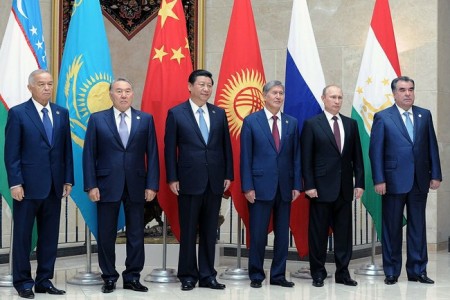
The following blog features five questions we recently posed to the CSS’s Stephen Aris, who is the co-editor of Regional Organisations and Security: Conceptions and Practices.
The emergence of post-Cold War regional organizations and the gradual shift in our ideas of what constitutes ‘security’ are not a new phenomenon. So what specifically explains the timing of this publication?
Absolutely, the emergence of Regional Organizations (RO) is by no means a new phenomenon. However, what’s changed over the past decade or so is the role that these regional groupings play in international politics and security. For a variety of reasons, there is now a greater emphasis on the contextually-informed capabilities and supposed greater legitimacy that they can bring to international politics and security.
Until quite recently, the United Nations preferred to take a rather exclusive approach to managing international security, and did not seek to engage regional actors. Yet, faced with an ever growing demand for its services, it has begun to explore avenues for institutionalized engagement with ROs in order to help share the burden. The biggest success story to date has been its collaboration with the African Union (AU), which has resulted in mutually endorsed and hybrid peacekeeping missions between the two bodies.
Increased engagement with ROs comes at a time when a number of regional powers, such as Brazil and South Africa, are staking their claim for a more permanent status on the UN Security Council. Accordingly, engagement allows the UN to claim that it is seeking to better represent the contemporary international order within its existing structures, but without having to undertake the politically-challenging process of real reform of the UN system. Indeed, many regional powers have invested significant resources into developing ROs in order to amplify their voice and enhance their legitimacy as actors on the international stage.
